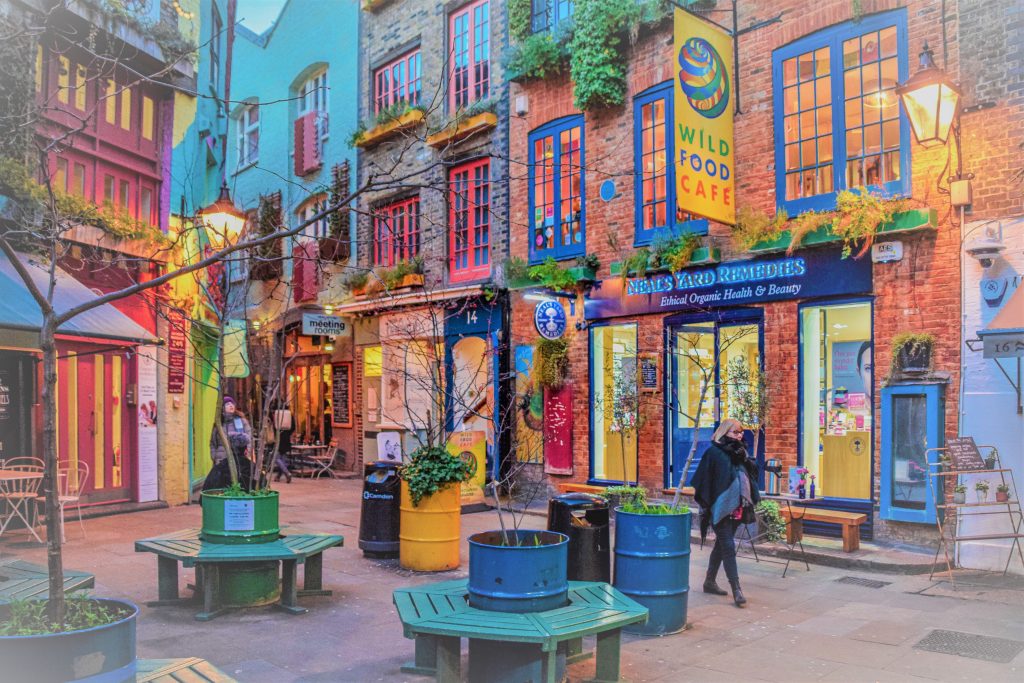
This article originally featured on the Australia Counselling website.
IN CONVERSATION WITH SYDNEY COUNSELLOR AND PSYCHOTHERAPIST JODIE GALE
This week we speak with Australia Counselling member and Sydney counsellor and psychotherapist Jodie Gale.
Jodie is a therapist who has a passion for working with women and the issues that women experience throughout their lifetime. Jodie also uses an approach called psychosynthesis, which she explains in her responses below.
Tell us a bit about your practice – where it is, who you work with and the services you offer
I have a background in women’s health and provide therapeutic counselling, life-coaching and depth psychotherapy to women who are looking for emotional, psychological and spiritual health and well-being. The types of women who come to see me range from ages 18 to 70+, come from all walks of life and a variety of career and cultural backgrounds.
I currently balance being a full-time stay at home mother to two young children with a part-time, evening and weekend, private practice in Allambie Heights and Manly on the Northern Beaches of Sydney.
How did you become interested in counselling and working as a psychotherapist?
In the early nineties, I was working at a new age bookstore and crystal shop in Covent Garden in London, when I discovered two books, Swimming with Wild Dolphins and The Dolphin Within. That day, I zipped out at lunch time and booked a flight to Dingle, a small fishing village on the South West Coast of Ireland where Fungie, a wild bottlenose dolphin had made his home. I continued to swim with him for 15 years, but it was this first encounter that I had what Maslow called a peak experience. In many ways, my spiritual awakening shone the light on the darkness that I had been living with for most of my life.
I returned to London and so began my self-development journey through many women’s workshops and then weekly, long-term psychotherapy sessions. The unconditional love and acceptance that I received from my therapist helped me to heal my early childhood wounding, chronic low self-worth, addiction and disordered eating.
In 1998, I attended an open evening for Psychosynthesis training in London, participated in their four-day Fundamentals, then submerged myself in their Foundation Year; predominantly for my own self-development. Having worked through my own suffering, I felt that I had something to offer others and decided to train firstly as a therapeutic counsellor, then as a psychotherapist.
Nowadays, I consider myself to be aligned with what Jung called, a wounded healer of the soul.
How do you believe people change and what supports long-lasting change?
I believe that people are more able to engage their will, make healthy choices and change when they have a lived experience of altruistic love, acceptance, empathy, kindness and compassion. All of these spiritual qualities make up a large part of the therapeutic relationship and are internalised by the client over the period of their therapy. It’s really about finding harmony and balance between love (feminine energy) and will (masculine energy).
A large chunk of the therapy is spent helping people to redirect their life energy towards identification with their authentic self (that has for whatever reason had to go into hiding) and disidentification from the false self, subpersonalities, defence mechanisms and the maintaining cycles that have been keeping them stuck and unhappy. Getting in touch with anger (which has often been turned against the self or perhaps swallowed down) is also useful for freeing the will to make changes.
Many women today are tyrannized by punitive and harsh internal voices resulting in self-loathing and self-hatred – so as a way of sustaining change, we work a great deal in therapy building self-compassion, self-acceptance, self-love, self-worth and a self-care program. When people are being kind and taking care of themselves, it is hard to stay stuck in old and self-destructive ways that are no longer serving their well-being.
Tell us about your approach and why you believe the way you work is effective in helping people change
The soulful, holistic and integrative approach that I work with is called psychosynthesis. It was founded by Italian psychiatrist and neurologist, Roberto Assagioli MD, who was a colleague to the likes of Freud, Jung and Maslow. He was a pioneer in the field of humanistic, transpersonal and spiritual psychologies and was way ahead of his time (early 1900s), by integrating mindfulness and spirituality into western psychological disciplines. Today, there are schools all over the world with psychosynthesis practitioners leading the way in areas such as mindfulness and neuroscience as well as revamping national health systems and addiction treatment centres with the psychosynthesis holistic and psycho-spiritual approach.
Psychosynthesis as a modality, is loved by both therapists and clients because of the hopeful context that is held. If someone is suffering with addiction, depression or an eating disorder for example, and they are being told, ‘once an addict, always an addict’ or, ‘you are suffering with a mental illness, disorder or disease and you will need to manage that for life’; many people find this doesn’t fit for them and this labelling adds to the sense of hopelessness that they may already be experiencing. From the first session, clients hear, ‘even though you may feel or think this way right now – you are not broken, diseased or in need of a cure. At the core, you are whole and unbroken and we’ll work together in a way that you can begin to realise and actualise this wholesome way of being’. One of my favourite quotes to support this is by Geneen Roth, ‘your eating disorder [for example] is an attempt to fix something that has never been broken’. This way of thinking and working turns the dominant disease, illness and medical model on its head.
Psychosynthesis is therefore non-pathologising and each individual is viewed by the therapist through what we call bifocal vision; ‘the client as a Self, a being with a purpose in life and with immense potential for love, intelligence and creativity…also as a personality, an individual made up of a unique blend of physical, emotional and mental characteristics’ (Whitmore, 2000, pg. 70). For example, someone suffering with an eating disorder is often immobilised by their identification with the body. When they hear, ‘you have a body but you are more than your body’ – they often see themselves clearly for the first time. This provides hope and motivation to change unhelpful thoughts and behaviours in addition to providing a context for the work.
Although clients report feeling better and start to make changes within the first few sessions, psychosynthesis psychotherapy is not a quick fix, or, a come when you feel bad kind of therapy. It is a process of self-awakening, a journey of the soul and a (re) discovery of who the person was always meant to be!
Tell us what a client can expect to experience in an initial counselling session with you
Being in therapy, the client will often have one of the most intimate, important and life changing relationships they will ever experience. So, from my perspective, the first session is a space for them to assess whether I am the right therapist or not.
As a way of discovering the context and emerging purpose for the work together, I ask what we call in psychosynthesis, the golden questions:
- What is the problem?
- Why is it a problem and why come to therapy right now? (i.e. why not last year or leave it until next year?)
- What would life be like this time next year if you still have this problem?
- What would like be like this time next year without this problem?
Then I ask the super golden question, ‘what makes your heart sing?’ as much of the work is about helping people get in touch with value, meaning and purpose in their lives.
Clients are usually nervous and may have perceptions of therapy that are true or false (most TV therapists spring to mind here!), so I talk about how therapy works and the methods that we may use: talking, self-reflection, dream work, visualisation, meditation, journaling, art therapy and homework. We also discuss boundaries, policies and the working contract – this includes ethics and confidentiality, risk of harm, fees and cancellations, consistency of sessions, review sessions, borrowing books from my library, social media and their choice to end therapy.
At the end of the session, many people report experiencing a sense of catharsis at having talked about something that has been deeply shameful and troubling to them for a significant amount of time.
On a personal note, tell us something that you’re passionate about or love to do in your spare time
I am passionate about my own self and spiritual development. Some workshop highlights over the last fifteen years have been a Jungian/Indigenous women’s retreat in the South of France, a Marion Woodman Body/Soul Retreat in New York, Carolyn Costin Coach training, Women, Food & God Retreat in Monterey, SF, conferences with Dr. Anita Johnston, author of Eating in the light of the moon and Linda Bacon, author of Health at every size. In the last few years I have also seen live, some of my long standing, female role models: Oprah at a taping of the Oprah Show, Geneen Roth in New York launching her latest book, Lost and found: unexpected revelations about food and money and recently Brené Brown talking live in Sydney about The Power of Being Enough.
I am also devoted to animal rights, a vegetarian of 25 years, a foodie (known to friends as the Domestic Goddess), and spend lots of my spare time with my husband and Filipino children learning about other cultures; mostly through travel and foodie trips around Sydney and the globe!



